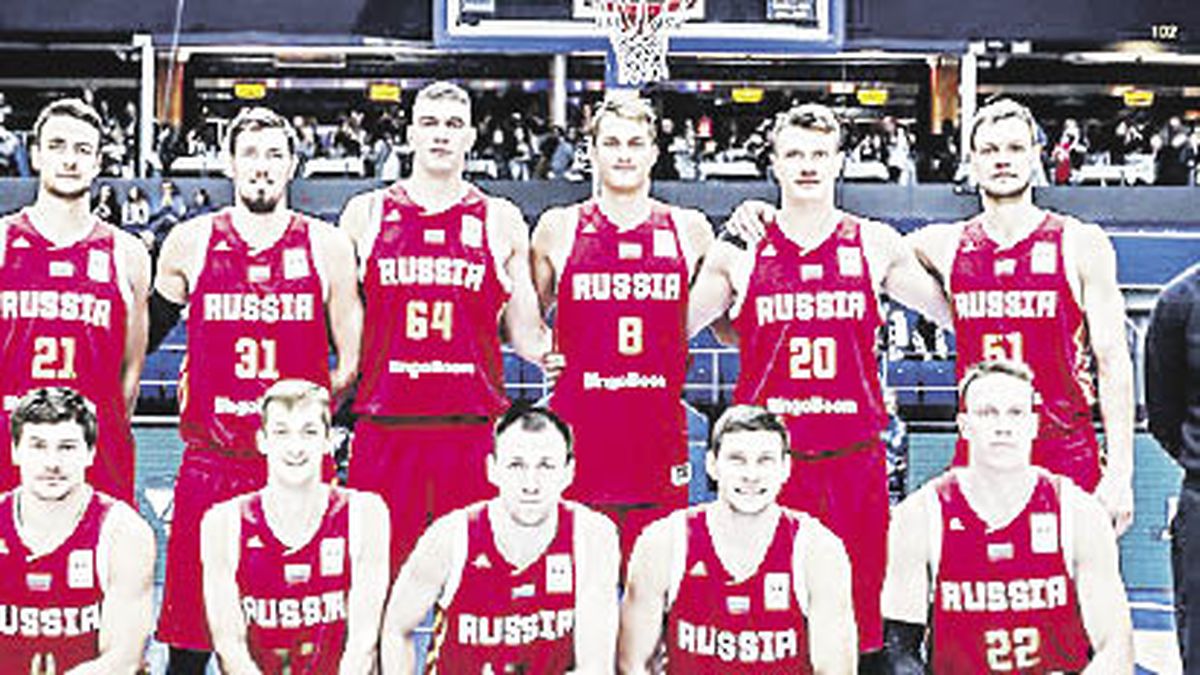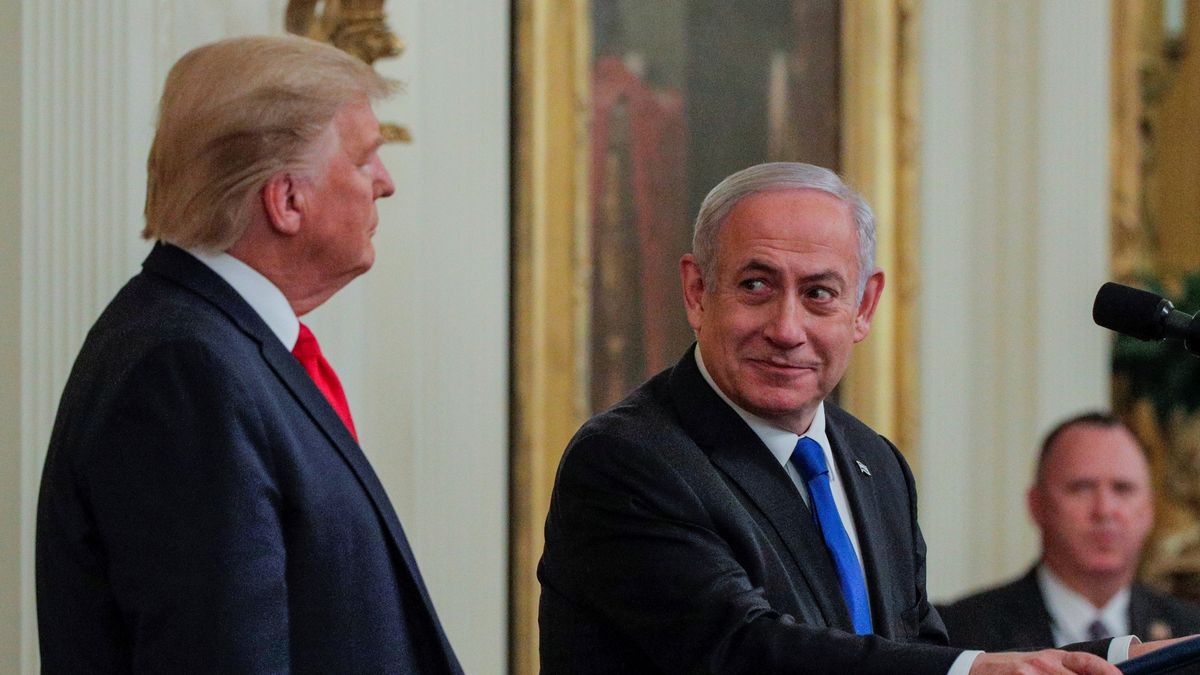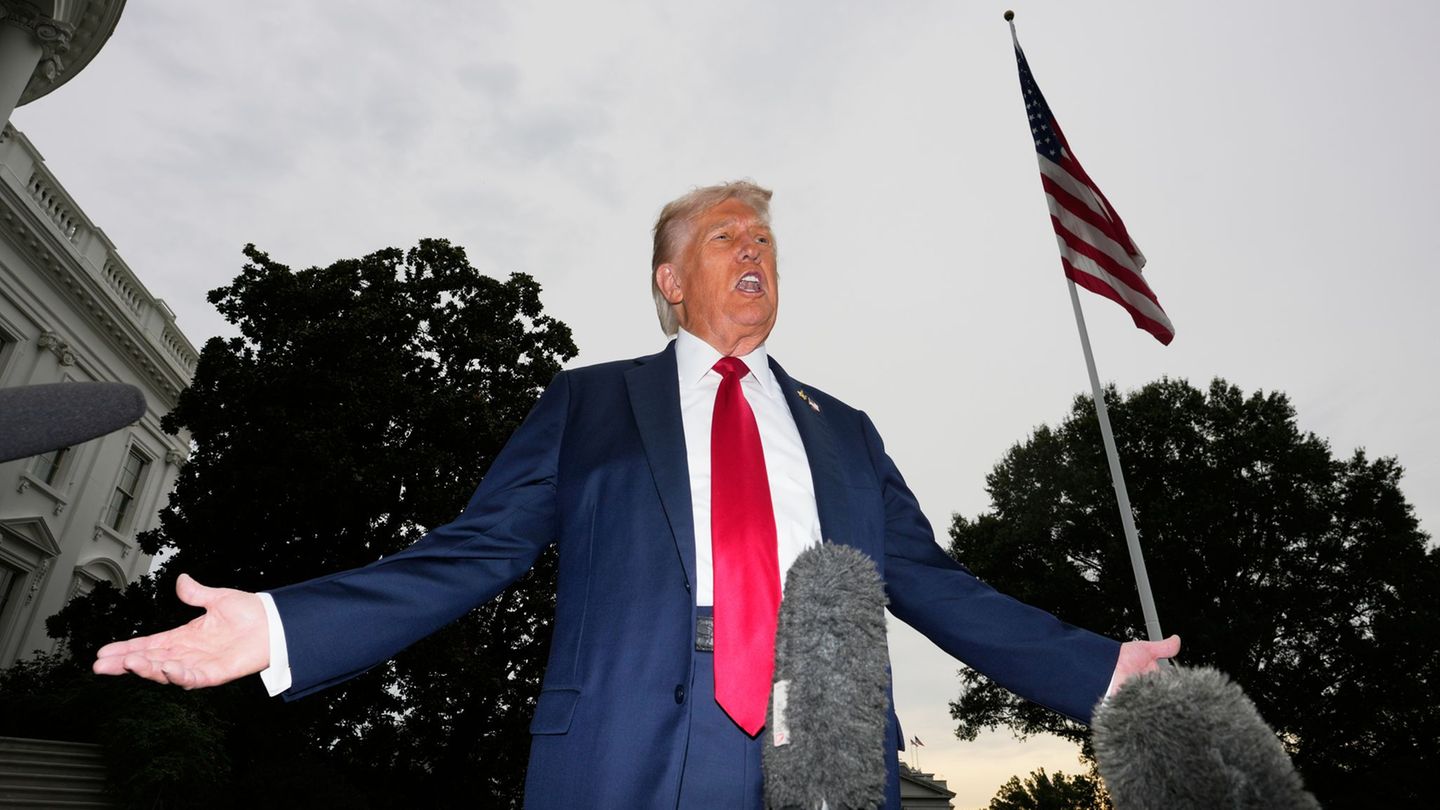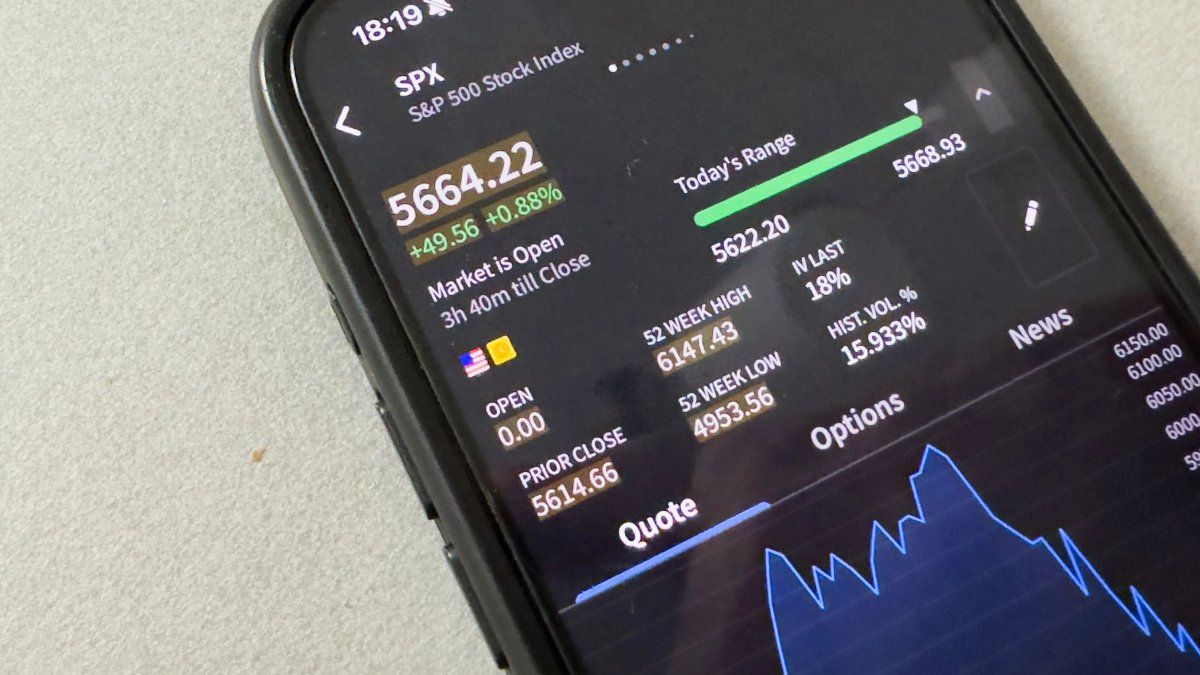The qualifying window will take place from June 27 to July 5 this year and there will be no replacements for either Russia in Group H or Belarus in Group B, so all their matches are cancelled. In this way, Italy, Iceland and the Netherlands, who shared the group stage with the Russian team, and Greece, Turkey and Great Britain, who shared the group stage with the Belarusian team, advance to the next phase.
In addition, the governing body of world basketball indicated that it will not hold any of its official competitions in either of the two sanctioned countries until further notice, and decided that Puerto Rico will take the place of Russia in this year’s Women’s World Cup in Australia.
Russia’s U-17 women’s team was also replaced by Serbia for the World Cup in Hungary. In addition, neither Belarus nor Russia will be able to participate in any of the 3×3 competitions this year, including the World Cup.
Fiba’s turnover fell by almost 55% in 2020, to 65 million Swiss francs (59.4 million euros). In addition, Fiba closed the year with losses of 13.5 million Swiss francs (12.34 million euros).
FIBA also created a Safeguarding council in March, which will serve as an advisory body for the protection of vulnerable groups of basketball professionals.
He will also provide advice to help ensure a safe environment for all parties to Fiba. Heading the protection council will be Prince Feisal Al Hussein, a member of the International Olympic Committee (IOC) and president of the Jordanian National Olympic Committee.
Meanwhile, the 2022 Formula One season will be shortened to 22 races as the sport’s governing body has ruled it will not replace the canceled Russian Grand Prix on September 25, despite interest from other countries.
F1 had scheduled a record 23 races this year, but the Sochi test was canceled in February and the contract was terminated in early March following Russia’s invasion of Ukraine.
F1 had said it would fill the gap with some of the options on the table, such as Qatar and Turkey, as well as a second race in Singapore, but there will now be an extra break before the Singapore-Japan double.
Another race in Europe was seen as too much of a logistical challenge, while the temperatures in Qatar – which returns to the calendar next year as part of a 10-year deal – raised questions.
F1 has also had to weigh the commercial value of holding a 23rd race against the added costs it would incur for everyone involved, at a time when teams are already battling inflationary pressures and more expensive hotels and flights.
This means that there will be a two-weekend break between the European tripleheader from August 28 to September 11 (Belgium-Netherlands-Italy) and the Asian tests of Singapore-Japan on October 2-9.
F1 will expand again next season, with a night race in Las Vegas set to open as round three in the United States.
Source: Ambito
David William is a talented author who has made a name for himself in the world of writing. He is a professional author who writes on a wide range of topics, from general interest to opinion news. David is currently working as a writer at 24 hours worlds where he brings his unique perspective and in-depth research to his articles, making them both informative and engaging.




